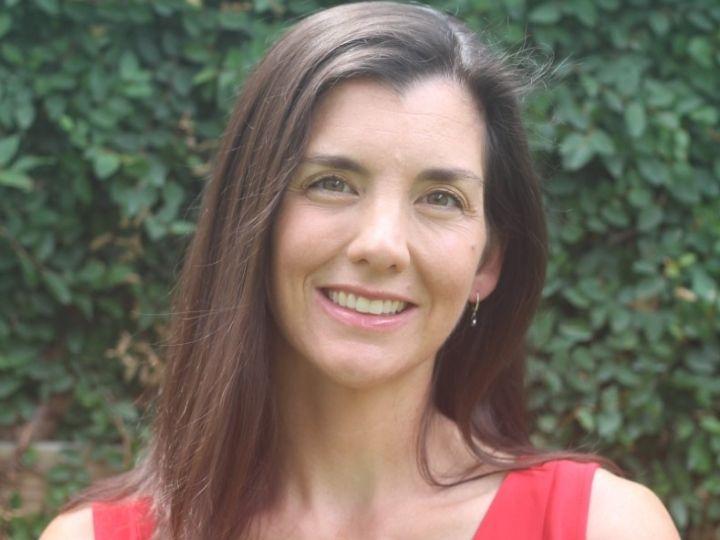University of Houston evolutionary geneticist awarded $1.8 million grant

Credit: University of Houston
Believe it or not, your genes are 50% parasite, and opportunistic at that. They tend to jump onto sperm and egg cells to replicate in the next generation, a process that can devastate an egg or sperm cell. A University of Houston evolutionary geneticist, armed with a new $1.8 Million grant, is now trying to determine how reproductive cells can persist despite this damage from parasites.
Within your genome, or entire set of genes, 50% is composed of transposable elements. For the non-scientific that means you are 50% parasite. Odder still, the parasites tend to jump onto sperm and egg cells in their driving need to replicate to the next generation, thus earning the nickname “jumping genes.”
For some egg or sperm cells (gametes), that invasion is devastating, causing strands of DNA to either break or shatter, causing an inability to produce healthy reproductive cells. For other, more genetically tolerant gametes, the jumping gene may not break them, but may cause the offspring to be born with genetic disorders.
“We’re trying to determine how a developing gamete might be able to persist despite this damage from the jumping genes,” said evolutionary geneticist Erin Kelleher, associate professor of biology and biochemistry at the University of Houston who was awarded $1.8 million from the National Institute of General Medical Sciences to conduct her research. Kelleher previously published findings on how a gene called the bruno gene, which regulates development of the egg, influences tolerance in the fruit fly genetic model Drosophila melanogaster.
Surviving in the face of invasion is also what tumors do, as jumping genes cause chaos and mutations in them.
“Transposable element activity is implicated in the onset and progression of many tumor types and age-related neurodegenerative diseases,” said Kelleher. “Understanding how specific genetic variants of bruno provide tolerance to developing fruit fly eggs may point to similar mechanisms in tumor cells.”
Because jumping genes impact egg production, tolerance may be an adaptive trait that allows some individuals to reproduce more than others. By studying fruit flies collected in the past and comparing them to contemporary fruit flies, Kelleher is asking whether tolerant individuals have become more common through natural selection.
Kelleher will combine genetic analysis of mutant gene formations, or alleles, with bruno variants isolated from Drosphila populations, to reveal the underlying mechanism and recent evolutionary history of bruno-dependent tolerance.
###
Media Contact
Laurie Fickman
[email protected]
Original Source
https:/




